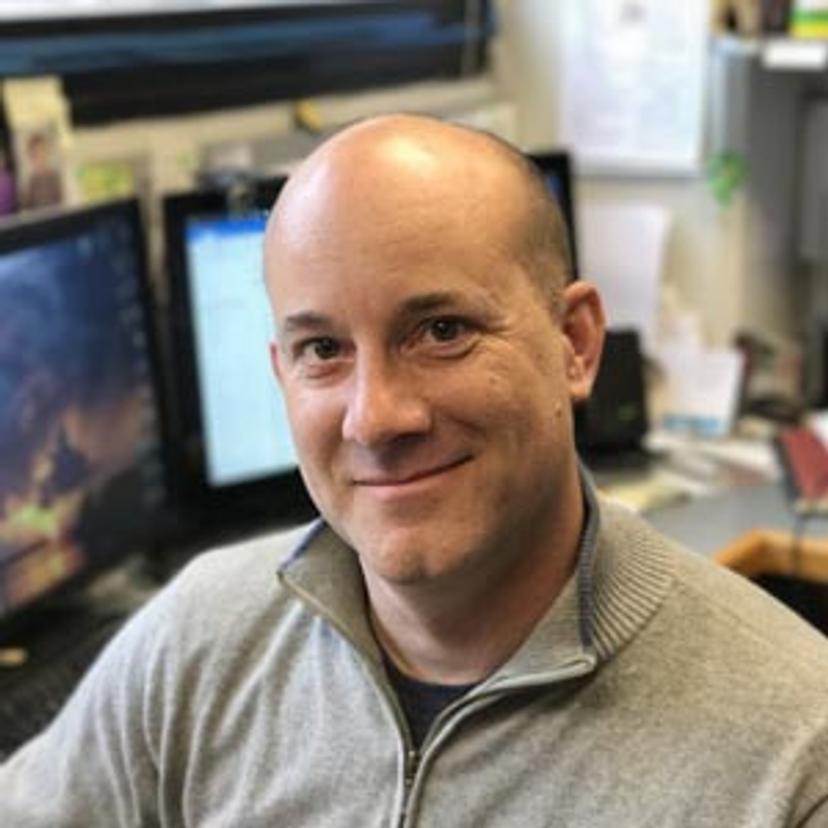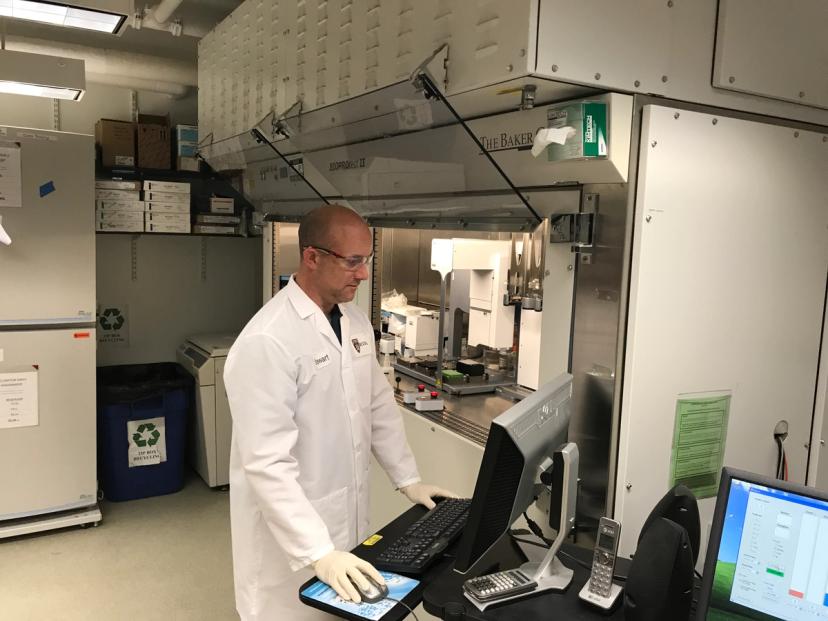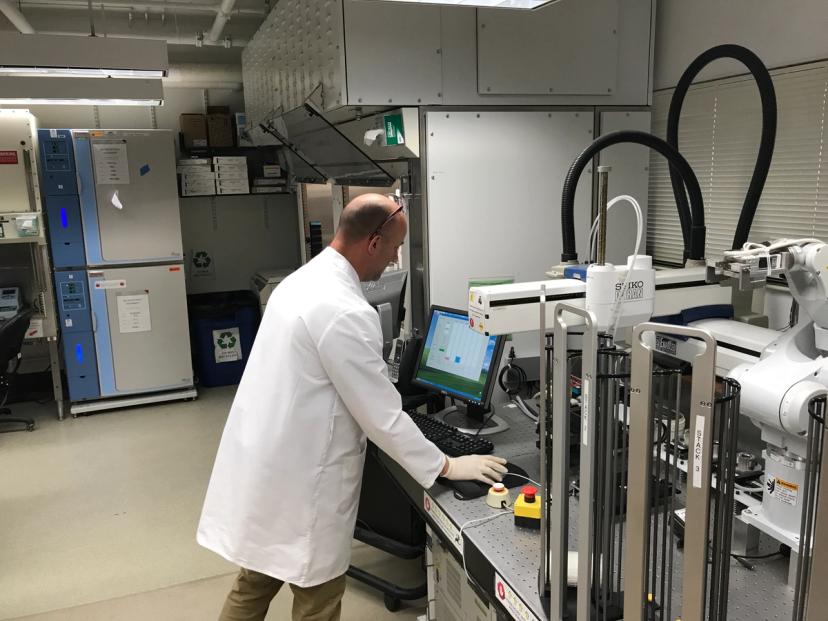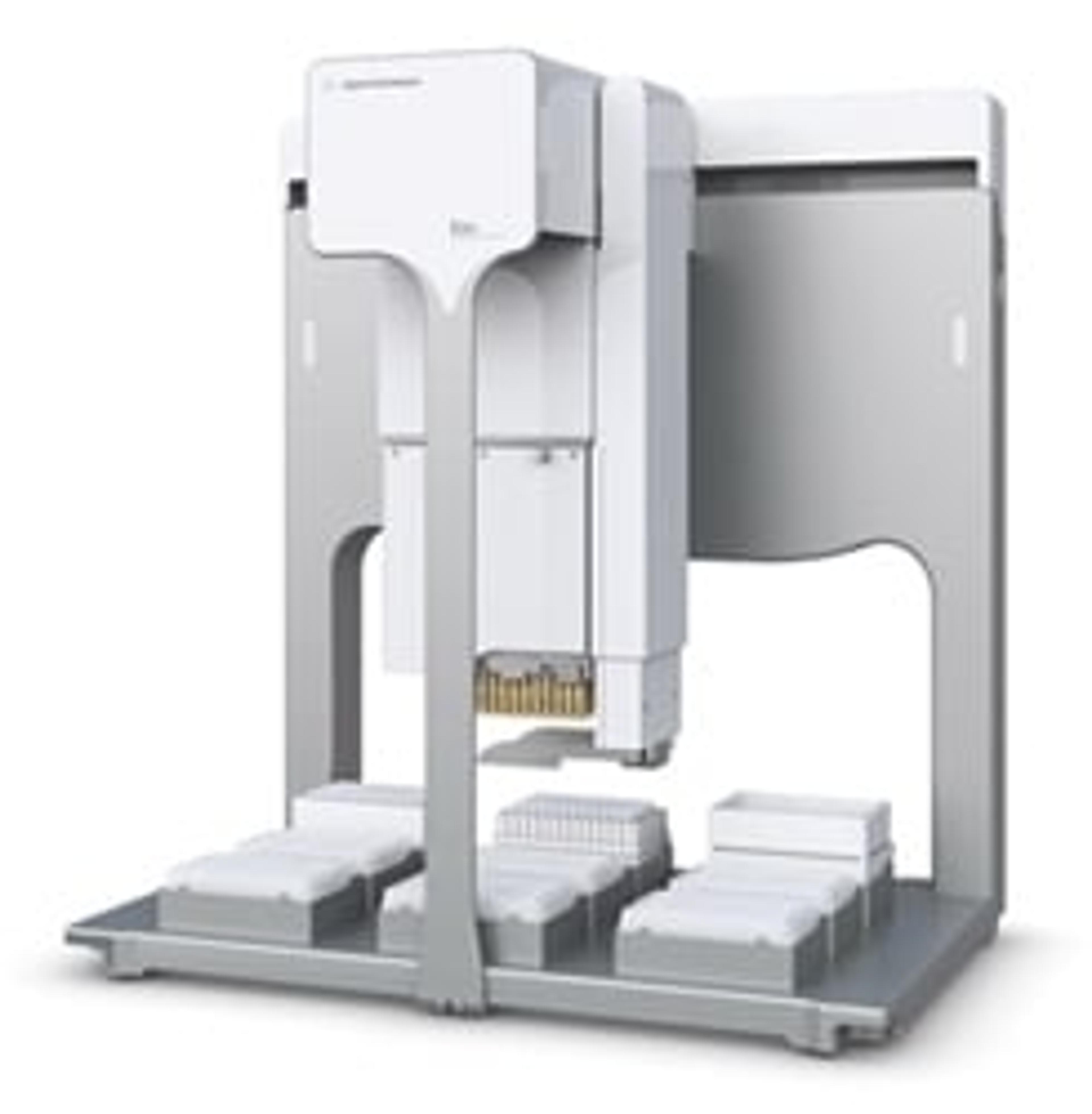Meet Stewart, Boston Area Medical School Screening Facility Manager and SelectScience® Reviewer of the Month for June
Stewart Rudnicki, a member of SelectScience since 2009, explains what inspired him to become a scientist, his hopes for what science can achieve and why Neil deGrasse Tyson is his hero
20 Jun 2017
What are you working on?

How did you get into your specific field of work?
After graduating college, I entered the workforce with a company that made living skin in a dish for burn victims. This bio-engineering fascinated me. My skills in process development grew and I learned tissue culture and moved to a company that was turning off genes for pharmaceutical companies using antisense technology. This was my first exposure to lab automation. I was using a Tecan Genesis to set up qPCR experiments. When I came to the medical school, I had some skills in programming the Tecan and I was exposed to a large variety of different types of lab equipment. I quickly realized that I enjoy doing this kind of work. I progressed to the role of lab manager and have been here for about 15 years at this point.
Why are reviews important?
It is nearly impossible to have experience with every piece of equipment out there. Because of budgets, logistics, requirements, etc., we need to make informed choices about the equipment that we purchase. Reviews help us beyond the scope of our own small worlds to see how equipment performs in the real world.
Why is communication in science key?
The essence of science is in the sharing of information. One person proposes an idea, goes about testing it, and then publishes the results. This allows others to investigate and confirm or challenge those results. Without communication, science loses a necessary function.

What’s the most innovative piece of lab equipment you use?
I like the Hewlett Packard D300 dispenser. It is a clever instrument and just simply seems to work and sees a lot of action here in the lab. It uses a microfluidic chamber to dispense very low volumes of reagent. We personally know the development team in Corvallis, Oregon, and the software that is written for it is excellent, as is the user manual.
What’s your favorite piece of lab equipment?
I have several instruments which I regard highly. My favorite is probably the Agilent Bravo. For our purposes, it works well and is well designed. We perform a lot of 384 to 384 plate transfers, as well as 96 to 384. I like the ability to switch the dispensing head quickly, in less than 10 seconds. The platform is open and simple, and it doesn’t break down. If you spill anything on it, the electronics are all up high, where they won’t be affected.

Who is your hero in science and why?
Right now, my answer would be Neil deGrasse Tyson. At present, I feel that science is under assault from the highest powers in government. From disbelief in global warming to cutting of EPA staff, there is an unfortunate trend towards turning a deaf ear towards what science is telling us. I see Mr Tyson championing the cause of science, and pushing back on this unfortunate agenda.
What’s the biggest story in science right now?
I think it is the credibility issue that has been propagated by people in government with a specific agenda.
Complete this sentence: In my lifetime, I’d like science to achieve...
I would like to see the end of debilitating diseases - Alzheimer’s, Parkinson’s, multiple sclerosis, and others - and to find a real cure for cancer. I would like to be able to heal nerve damage and have someone to cure viruses once and for all. There are other areas of science as well: an answer to atmospheric carbon pollution; a great energy storage device; a human being on Mars and other solar exploration…
Would you like to be a Reviewer of the Month?
Write your review here to be in with a chance.

